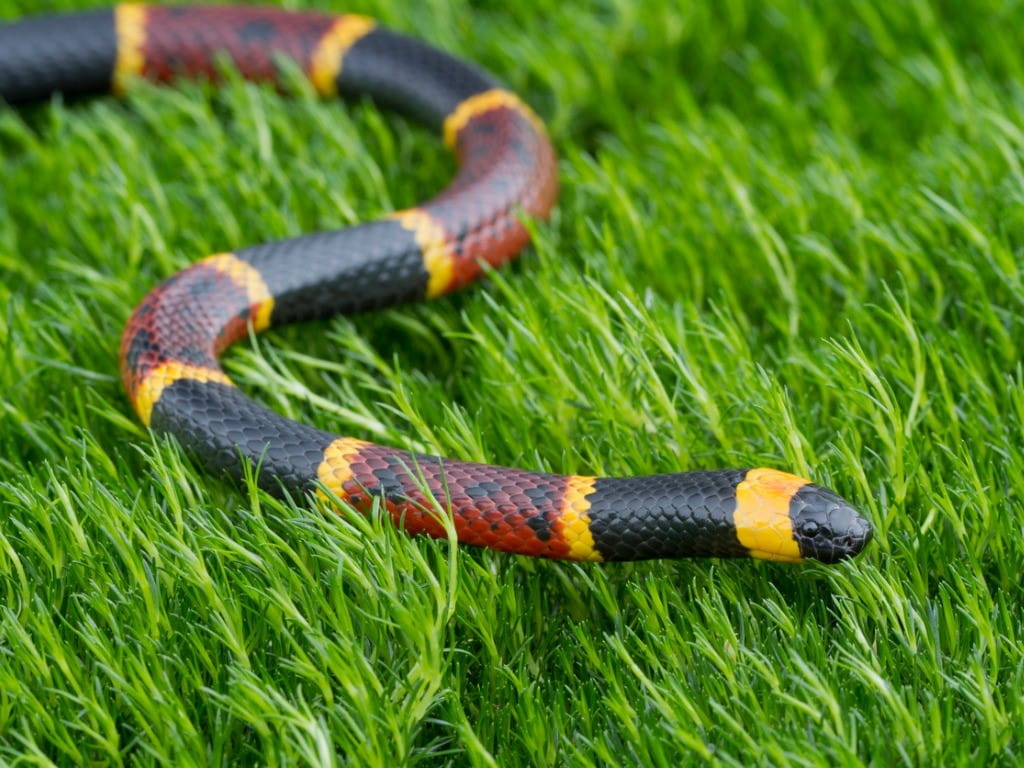It's that time of year again.
I killed 2 snakes in the last 3 days while working outside. They know winter is coming & they're hunting for food before they take a long nap.
I almost stepped on that 28" Coral snake. They can be deadly regardless the size. Barely saw it in 2" tall grass. Anti-venom is no longer made for those since 2008.
The Yellow bellied water snake was 42" & less than 2 feet from me when I saw it.
I don't need the kids or dogs getting bit.
This cooler weather has me getting work done outside.
I'm sure I'll see more in the days ahead.


I killed 2 snakes in the last 3 days while working outside. They know winter is coming & they're hunting for food before they take a long nap.
I almost stepped on that 28" Coral snake. They can be deadly regardless the size. Barely saw it in 2" tall grass. Anti-venom is no longer made for those since 2008.
The Yellow bellied water snake was 42" & less than 2 feet from me when I saw it.
I don't need the kids or dogs getting bit.
This cooler weather has me getting work done outside.
I'm sure I'll see more in the days ahead.







